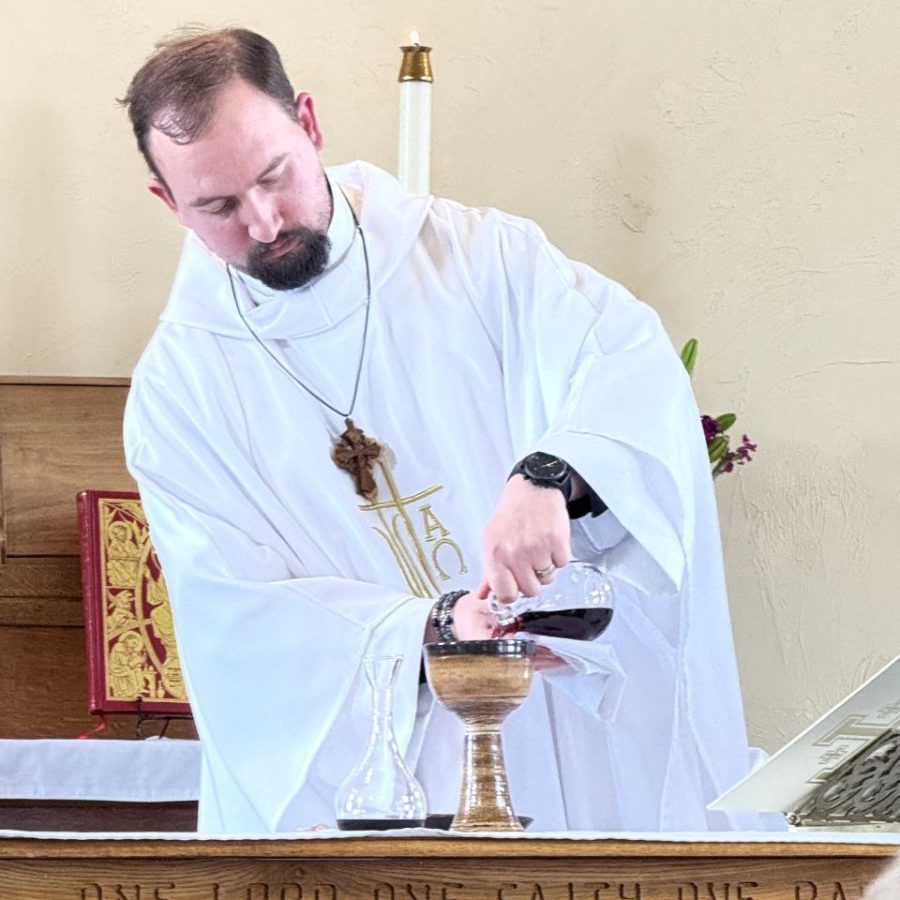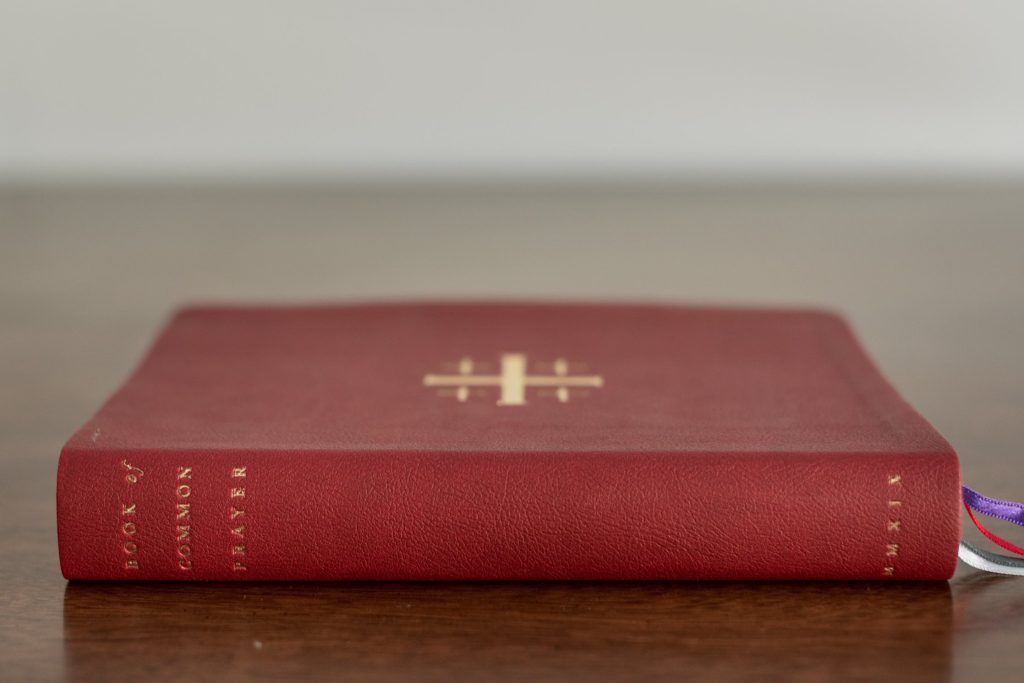What is an Anglican?
“What did you say? Angel-ican?”
No we don’t worship angels, Anglican simply means “originating from England.” Anglicans trace their heritage back to the 2nd century and the undivided Church. Anglicans comprise the third largest group of Christians in the world, behind Orthodox and Roman Catholics. Good Shepherd is part of the Anglican Communion locally through the Anglican Diocese of the Great Lakes, nationally through the Anglican Church in North America, and worldwide through the Global Fellowship of Confessing Anglicans (GAFCON).


Anglicans do not draw their theology from a single theologian such as Luther or Calvin. We hold to the historic catholic faith, (the word catholic comes from the Greek phrase kata holos meaning “according to the whole”).
We believe that we really experience the grace of God in and through Baptism and Holy Communion, and that hearing the Good News in Scripture and celebrating these two Sacraments are the primary ways that we are brought to faith in Jesus.
We are also children of the Reformation, with a high respect for Holy Scripture, faithful preaching, and the doctrine of Justification by Faith. We also hold to the Reformation principle of ad fontes, meaning “back to the sources” looking back to the Early Church to guide us. Thus, Anglicans are both catholic and reformed!
Anglicans are most well known for our Book of Common Prayer which guides our worship and spiritual lives. It is heavily shaped by Scripture and is often referred to as “The Bible set to prayer”.
Anglicanism has traditionally held to something called “lex orandi, lex credendi”—meaning something close to “the law of prayer is the law of belief.” Basically, what we pray shapes and defines what we believe. If you want to know what an Anglican believes, the best way is to join them in worship!

We simply believe what Christians have believed “everywhere, always, by all.” –St. Vincent of Lérins
We believe in “One canon reduced to writing by God himself, two testaments, three creeds (Apostles, Nicene, and Athanasian), four general councils, five centuries, and the series of Fathers in that period—the centuries, that is, before Constantine, and two after, determine the boundary of our faith.” –Lancelot Andrewes
“In essentials, unity; in non-essentials, liberty; in all things, charity.”
–St. Augustine of Hippo